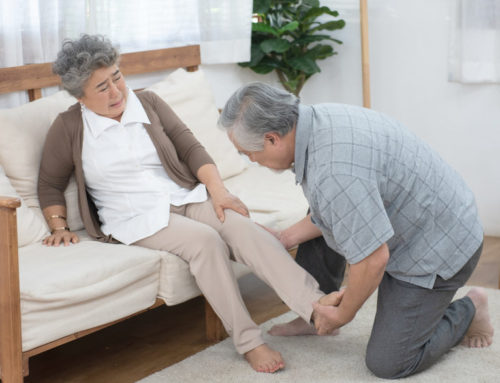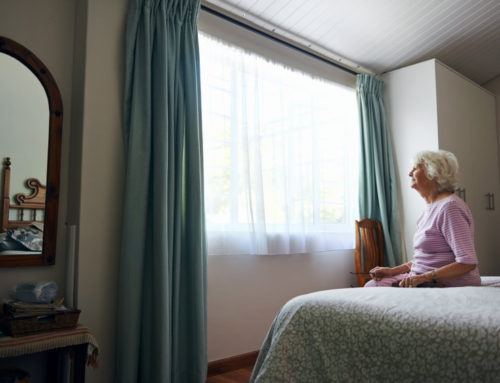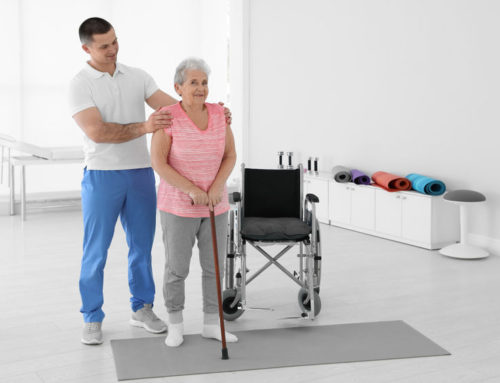Share This Story!
POA Means Protection
While not a popular subject for most people, a POA is an essential document that anyone over the age of 18 should have in place. The POA, or power of attorney, provides a person or agent to act on behalf of the incapacitated person in making legal, financial, or medical decisions. Younger adults especially think there is no need to have a POA. However, unexpected events do occur and could bring about the need for that safety net.
Why a POA might be needed
Whether traveling abroad, deployed overseas, or in an unexpected accident, anyone could be in a position of needing a POA. A power of attorney gives legal permission for the agent to act on behalf of the principal in legal matters. This could be writing checks, signing official documents, or making medical decisions depending upon the authority included in the text.
POA Types
A POA can be as broad or as specific as the principal wants. A general POA grants broad powers over all affairs of the principal. A specific POA will allow the agent to act on behalf of the principal only in certain situations. Another POA similar to a specific power is the springing POA. The springing power takes effect only when a physician determines the principal is unable to make legal or medical decisions. Another option is a durable POA. With that, the agent keeps authority even if the principal becomes incompetent or incapable of handling personal affairs.
Myths about POAs
A POA does not grant the agent power that is not explicitly stated in the document. The principal can continue to make legal and financial decisions as usual. Only the principal can select the agent. No one else can appoint an agent unless the courts have determined the person to be incapacitated or incapable. In that case, the court will appoint a guardian or conservator for the person.
A power of attorney is not irreversible.
The POA can be revoked or canceled at any time by merely destroying the document and creating a new one. Or the principal can also prepare a formal revocation. A power of attorney also is not a will. The POA does not designate who will receive any property after the death of the principal.
Play it safe with a POA
POAs are generally thought to be for the elderly as health or mental capacity begins to fail. However, everyone should plan ahead and be prepared for unexpected events. The power of attorney does not take away anything from the principal but only helps the caregiver or agent. Being protected at any age is the safe thing to do, and a POA provides that protection.





